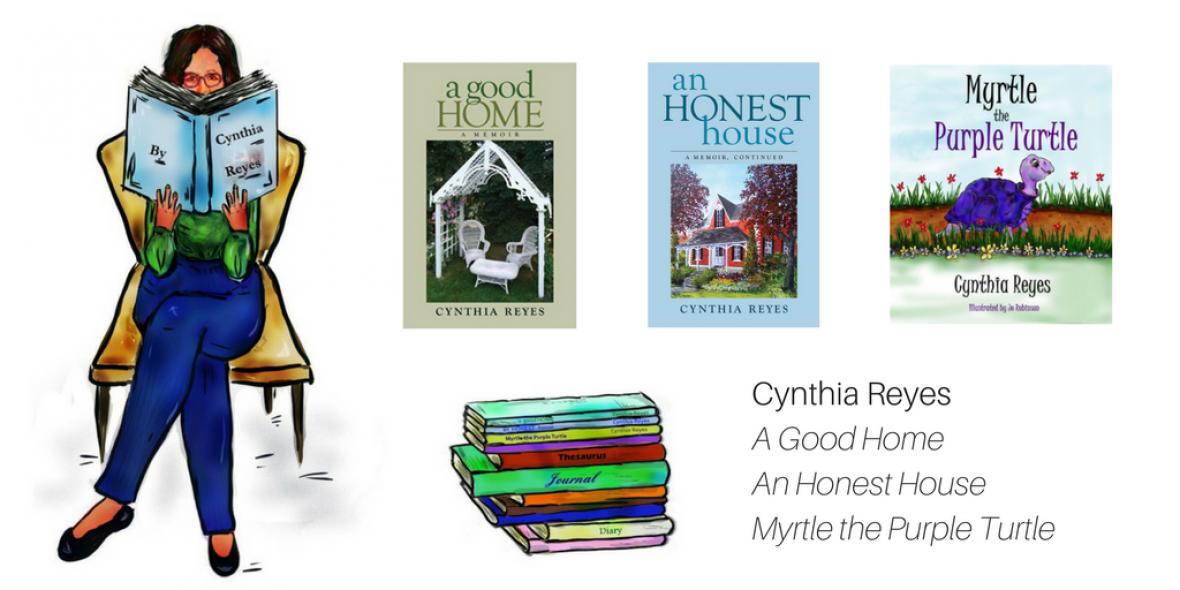My husband is the strongest man I know.
In his work as a journalist, police commissioner, mental health adjudicator, community volunteer and diversity and inclusion consultant, he has seen and heard the most gut-wrenching cases you can imagine.
And yet, he seems to find a way to process it all, so he can come home to our family and community and be the emotionally, mentally and spiritually strong person we rely on.
As our family members have been rocked by the killing of Black people by police and now suspicious-sounding ‘suicides’ of Black men found hanging from trees in the US, he has stood strong, never giving in to the rage or despair that I occasionally express.
Having lived in both the US and Canada, and having studied Black history in both places, he brings to family discussions the context that the rest of us lack. Because of this background and his work with mental health, policing and inclusive strategies, he knows things we don’t. When I want a level-headed perspective on such things, I turn to him.
In recent weeks, as a diversity and inclusion consultant, he has been bombarded by calls from company executives to help them address anti-Black racism in their organizations. He has heard the heartbreaking stories of Black employees who believed they were treated unfairly in some of these companies simply because of the colour of their skin. Throughout, he has listened calmly and remained strong.
Yesterday morning, I knew he was going to say something profound before he said a word. Something personal. As he drew close to me, he said, calmly: “I need you to check on me occasionally.”
I let him talk about how recent events have affected him. And in that moment, I glimpsed the pain he’s been carrying around for weeks.
Yes, even the strongest among us are affected by the killings, by the never-ending injustice, by the oppression of Black people.
Hours later, my American friend asked the rest of us in a chat group to pray for her. With 3 Black males in her family, she has been on high alert, alternating between being ultra-protective and praying. Her faith in God is strong.
But yesterday morning was rough. Her husband broke down in tears. He, too, was overcome by worry and fear. Fear for the lives of his sons, fear for his family.
To negotiate being Black in North America and Europe is to know how to manage our rage at the injustices facing our people. It’s a survival strategy: to survive, to make good lives for our families, we learn to hide our anger and despair. And so we smile. We reassure our children, sometimes daily. And we pretend that we are fine.
In Twigs in My Hair, I quoted the brilliant African-American poet, Paul Laurence Dunbar. Like me, Dunbar wrote about both the serene spaces of the natural world and the harsh realities of ‘the real world’. His 1913 poem, The Mask We Wear has come to mind several times in recent weeks:
We wear the mask that grins and lies,
It hides our cheeks and shades our eyes,
This debt we pay to human guile;
With torn and bleeding hearts we smile,
And mouth with myriad subtleties.
Why should the world be over-wise,
In counting all our tears and sighs?
Nay, let them only see us, while
We wear the mask.
We smile, but, O great Christ, our cries
To thee from tortured souls arise.
We sing, but oh the clay is vile
Beneath our feet, and long the mile;
But let the world dream otherwise,
We wear the mask!
We would prefer to share happy thoughts, not angry ones, to give in to hope, not despair.
And we do have moments of hope. The demonstrators, many of them young people of all races, demanding that unjust systems be changed. The leaders who have already taken meaningful action. The resilience of Black people, after centuries of injustice.
Occasionally, though, at the place where we are most ourselves — at home — the mask slips and we admit to the pain. Yet, even here, we cannot afford to dwell too long – we cannot afford to let it paralyze us. We must be strong.
This post is a love song to Black males – boys and men – and to everyone who sometimes feels pain, rage or hopelessness. In those moments, talk to someone you trust, please. Remove the mask, even for just a moment.
